The owner of a sole proprietorship is an individual with full authority to decide on all business activities of the sole proprietorship, the use of profits after tax and the fulfillment of other financial obligations as prescribed by law, and be solely responsible for all activities of the enterprise with their own assets.
After the sole proprietorship is established and put into operation, several special cases may arise, affecting the production and business activities of the sole proprietorship, such as the owner of the sole proprietorship being temporarily detained, serving a prison sentence, passing away, or being restricted or losing civil act capacity, etc. In such cases, how will the management of the sole proprietorship be subsequently handled? Article 190 of the Law on Enterprises 2020 has specified the rights of the owner of a sole proprietorship in such cases as follows:

- In case the sole proprietorship owner is temporarily detained, serving a prison sentence, or being subjected to administrative measures at a correctional institution or rehabilitation center, they shall authorize another person to exercise their rights and obligations.
- In case the sole proprietorship owner dies, the heir(s) or one of the heirs according to the will or the law shall be the sole proprietorship owner, as agreed upon among the heirs. If the heirs fail to reach an agreement, the sole proprietorship shall be converted into a company or dissolved.
- In case the private enterprise owner dies without any heirs, the heirs refuse to accept the inheritance or are deprived of the right to inherit, the assets of the sole proprietorship owner shall be handled in accordance with the civil laws.
- In case the sole proprietorship owner is restricted or loses their civil capacity to act, has difficulties in perception, or fail to control their behaviors, their rights and obligations shall be exercised through a representative.
- In case the sole proprietorship owner is prohibited from practicing their profession or performing certain work within the scope of the business lines, the sole proprietorship owner shall suspend or terminate the related business activities according to the decision of the Court, or transfer the sole proprietorship to another individual or organization.
For more information, please refer to our related articles:
- What is a sole proprietorship?
- Procedures for establishing a sole proprietorship according to the Law on Enterprises 2020.
- Investment capital of the sole proprietorship’s owner.
- The lease and sale of sole proprietorships.
Disclaimer: This article is solely for informational purposes. Its contents shall neither constitute legal advice nor be regarded as a detailed written legal advice for individual cases. Should you have inquiries on such matter, please contact us for more information.




Related posts
PROMINENT POINTS OF THE LAW ON E-TRANSACTIONS 2023
On June 22nd, 2023, the Law on E-Transactions No. 20/2023/QH15 was approved by the National [...]
Jul
Restricted and Conditioned Business Lines
Restricted and Conditioned Business Lines The development of Vietnam’s potential economy market has successfully attracted [...]
Oct
The Department of Labour, War Invalids and Social Affairs issued Decision No.1560/QD-LDTBXH
On October 17th, 2023, the Department of Labour, War Invalids and Social Affairs issued Decision [...]
Oct
Decision No. 364/QĐ-CA regarding the announcement of case laws
On October 1, 2023, the Supreme People’s Court has issued Decision No. 364/QĐ-CA regarding the [...]
Oct
Legal aid priorities for healthcare M&A in Vietnam
When it comes to M&A in the pharmaceuticals field, it goes without saying that this [...]
Sep
Amendments to 10 visa, exit and entry documents templates
On June 30th, 2023, the Minister of the Ministry of Public Security has promulgated Circular [...]
Aug